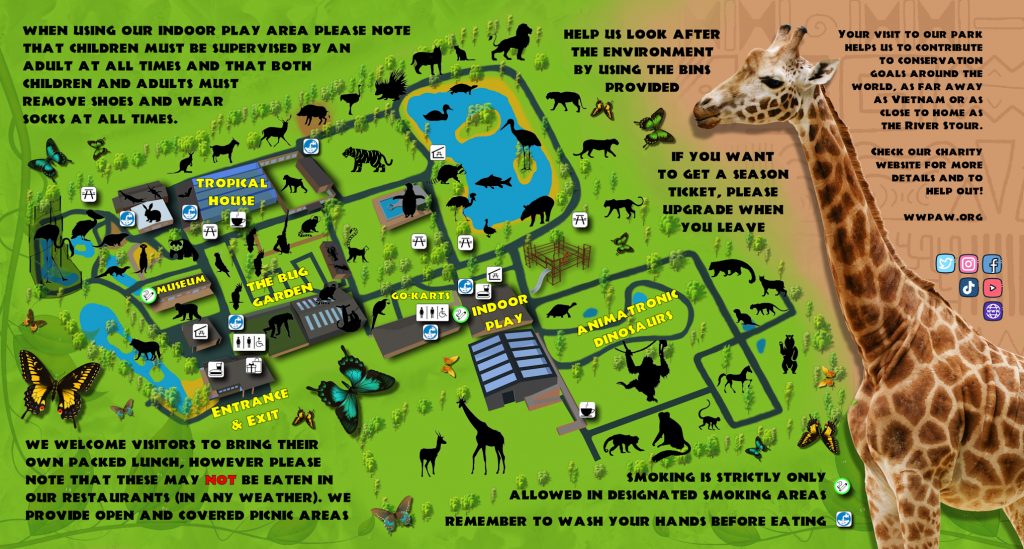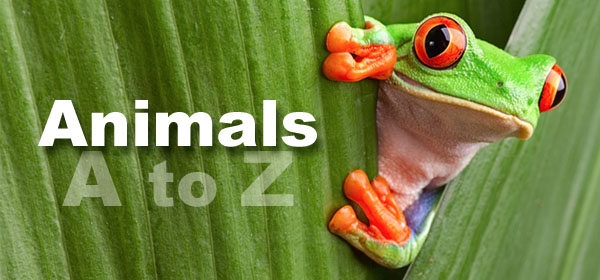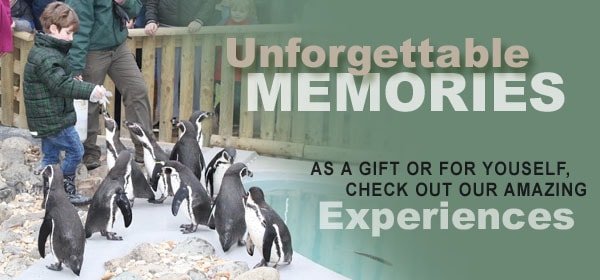Wingham Wildlife Park Education Department
School trips are an excellent way for students to learn beyond the classroom, offering many new and exciting first-time experiences. The different sounds, sights and smells along with all the information on the signs around the park and any items available to touch and explore in one of the 22 educational talks or museum room.
Research states that …
School trips and outings have a massive impact on a child’s learning. We know that children have great memories and things like school trips stay with them for years. Students get excited about what’s available on a school trip and what they can learn. There are things which we can offer to stimulate this learning experience even further:
- Book one of our classroom talks – they all have props of one kind or another. Curiosity is something which can be encouraged through experiential activities – the ability to touch and interact with what they are learning about (National Research Council, 2009[1]).
- We need your help during the visit. We can offer them opportunities to learn however the adults in charge of educational groups still need to fully harness that opportunity for learning to be successful (Millan, 1995[2]).
- Together we are planting seeds in the naturalists of the future. Seeing an animal up close and being able to see their breath, hear them and smell them can be a very special experience which only seeing the animals in the wild can equate to or better than the zoo experience, and it is these exciting encounters which build respect and wonder leading to a desire to help (Meyers, Saunders & Birjulin 2004[3]).
- While you’re at our park don’t forget that the children are here to have fun, just as much as they are to learn something new. Equally keep in mind that in an environment such as this, the quest for knowledge and the act of learning can be the thing which provides that source of fun (Packer, 2006[4]).
Learning moment
School trips provide many great opportunities for students to gain such experiences and face a range of challenges that can contribute significantly to their personal development. Group work, reading aloud, drawing, listening, sharing experiences, photography, science, history, geography and language.
There is always lots to see, and the excitement of a school trip can sometimes be overwhelming for some students. We suggest you plan what you’d like to see and take advantage of all the possible ‘learning moments’ that may arise as you walk around.
Before your visit
Preparing your students
It’s important to prepare students for what they might see during the trip and to cover any basic rules ready for the day. This can help with any anxieties they may experience and put their minds at ease making the day more enjoyable for everyone. Also showing them a picture of where they are going or what they might see may help reduce any nervousness where your equipment allows. Many of these kinds of pictures can be found on our website and social media pages below:
- https://www.winghamwildlifepark.co.uk/
- https://www.facebook.com/WinghamWildlifePark
- https://www.twitter.com/winghamwildlife
- https://www.instagram.com/winghamwildlifepark/?hl=en
If you walk through the dinosaur exhibit be aware, they make noises and many of them move. The walk-through lemurs are free roaming and may come close to you or may even jump on you, but you mustn’t touch them. We also have free roaming chickens and peafowl around the park. Walking through the chimp house and upstairs you will experience a different smell, this is an enclosed area, and some may find the smell overwhelming.
One very important rule to make your pupils and helpers on the day aware of, to avoid disappointment, is that the indoor play area isn’t available for school groups, but we have a large outdoor play area available all year round.
Explore the Park map
Wingham Wildlife Park has around 200 different species so you may not get to see everything when you visit. By looking at the map beforehand you can choose the best route for your students to gain the most information and to spark their interest to ask questions. By splitting off into smaller groups and the students choosing their route you may be able channel their curiosity and questioning. You can find a copy of our map to display on a screen / projector or print out to help your students explore (all the helpers will receive our glossy maps on the way in during your visit):

In class learning
Most children have a favourite animal/species and will be very passionate about learning about them. When coming to the zoo it’s not necessary for them to have all the knowledge but a little something may help spark their interest to learn about a different species. So how about doing a class activity/project either before or after your visit, for example, investigate different markings (spots, stripes, rosettes), feathers and their purpose, or the predator prey relationship, which animals can be housed together and why.
Let us help you make the most of your trip
Whilst out main reception will help you with any enquiries which you may have surrounding payment, arrival and gift bags etc., we in the education department are here to help you make the most of your visit to Wingham Wildlife Park. Please do not hesitate to get in touch on office@winghamwildlifepark.co.uk if you have any questions about your learning experience during the day or to see how we can work together to make sure that the visit is as inspirational for your students as possible!
During your visit
Prepare to be flexible
It’s great to have a plan for your visit, however we are a zoo and animals can be unpredictable. You may not always be able to see the animals you had intended on seeing. They may be off exhibit, or perhaps a new animal may have joined the collection you were unaware of or a special event or presentation may be happening you were unaware of. Sometimes these unplanned events are the most memorable of learning experiences.
Take your time
We know how tempting it is to try and squeeze everything in and we want you to get the best learning outcome on your visit.
We ask you to slow down, give your students time to take in, understand the information and carefully observe the animals and their behaviour, allowing them to answer a few basic questions:
- Do they know what animals it is?
- Is it male or female?
- What’s their habitat like?
Encourage them to have a discussion with their peers. We want to encourage open ended questioning and critical thinking and to remind the students it not a race it’s a learning experience. As educators we don’t know everything – if you learn something new tell your students and encourage them to speak up, explore and spark their inquisitiveness.
After your visit
Back in the classroom
Sharing memories, favourite parts of their day and what they remember of their trip when back in class, is a great way to keep their minds thinking and learning. Sharing what they have learnt in a newsletter or sharing afternoon with parents, allowing them to show off their work may also encourage further learning within the family unit.
With a little planning and preparation, we hope you and your students will gain the most out of your time at Wingham.
Keep up to date
We are constantly updating and upgrading our education packs
so keep an eye out for those on the website under education as an extra
resource to help plan your visit and extend your students learning experience,
our children are our future.
[1] National Research Council (2009). “Learning science in informal environments: People, places, and pursuits.” Washington, DC: The National Academies Press.
[2] Millan, D. A. (1995). “Field trips: Maximizing the experience.” In B. Horwood (ed.), “Experience and the Curriculum.” Dubuque, IA: Kendall/Hunt
[3] Meyers, O. E., Saunders, C. D. and Birjulin, A. A. (2004). “Emotional dimensions of watching zoo animals: An experience sampling study building on insights from psychology.” Curator: The Museum Journal, 47, pp 299 – 321.
[4] Packer, J. (2006). “Learning for fun: the unique contribution of educational leisure experiences.” Curator, 49, pp 329 – 344.



